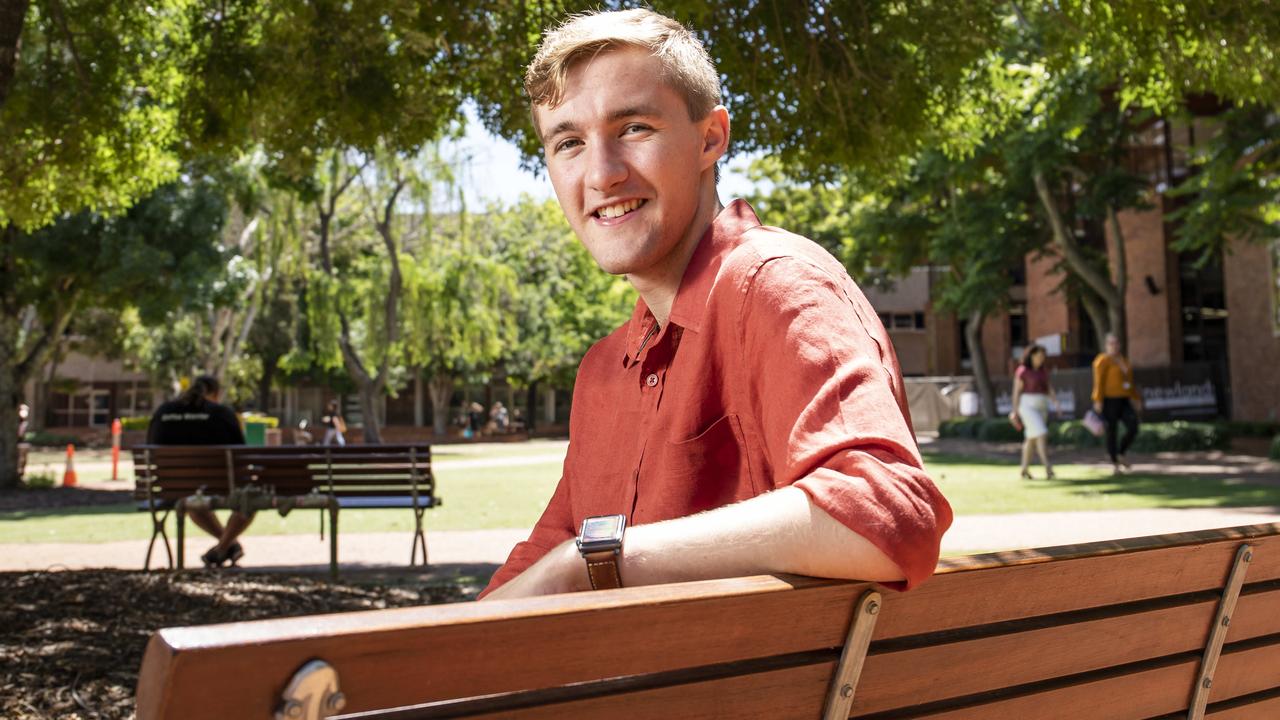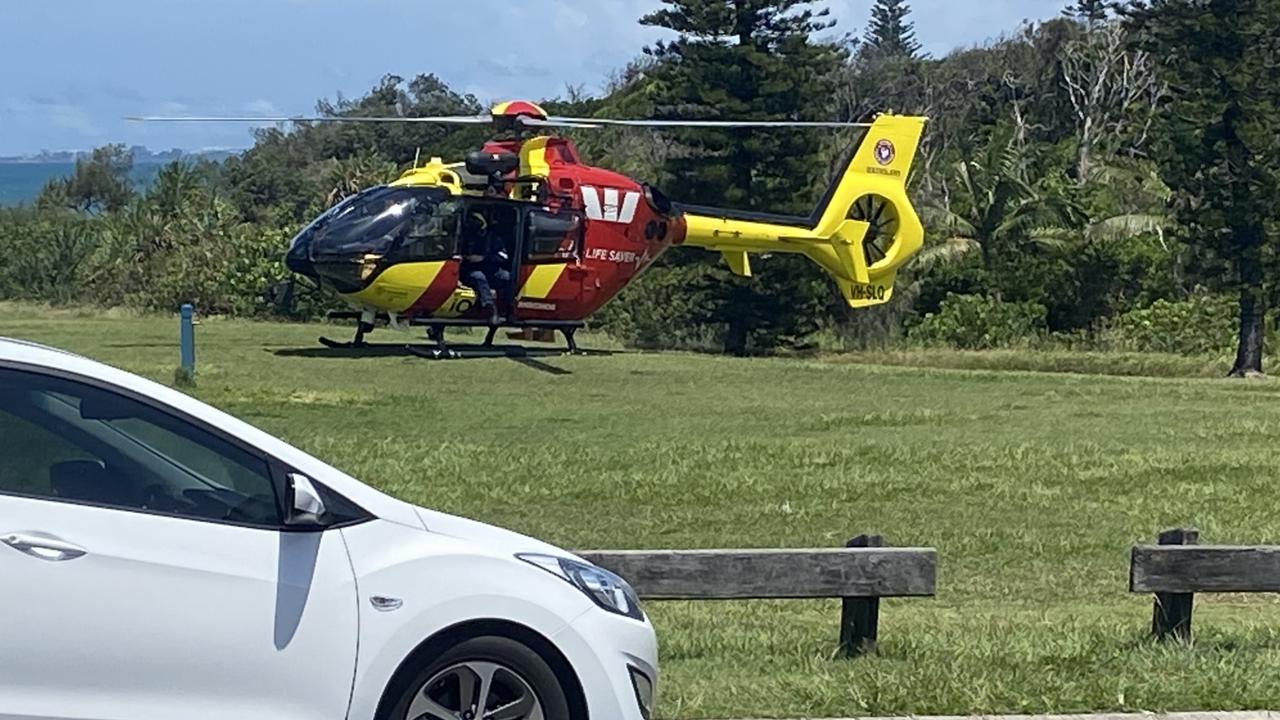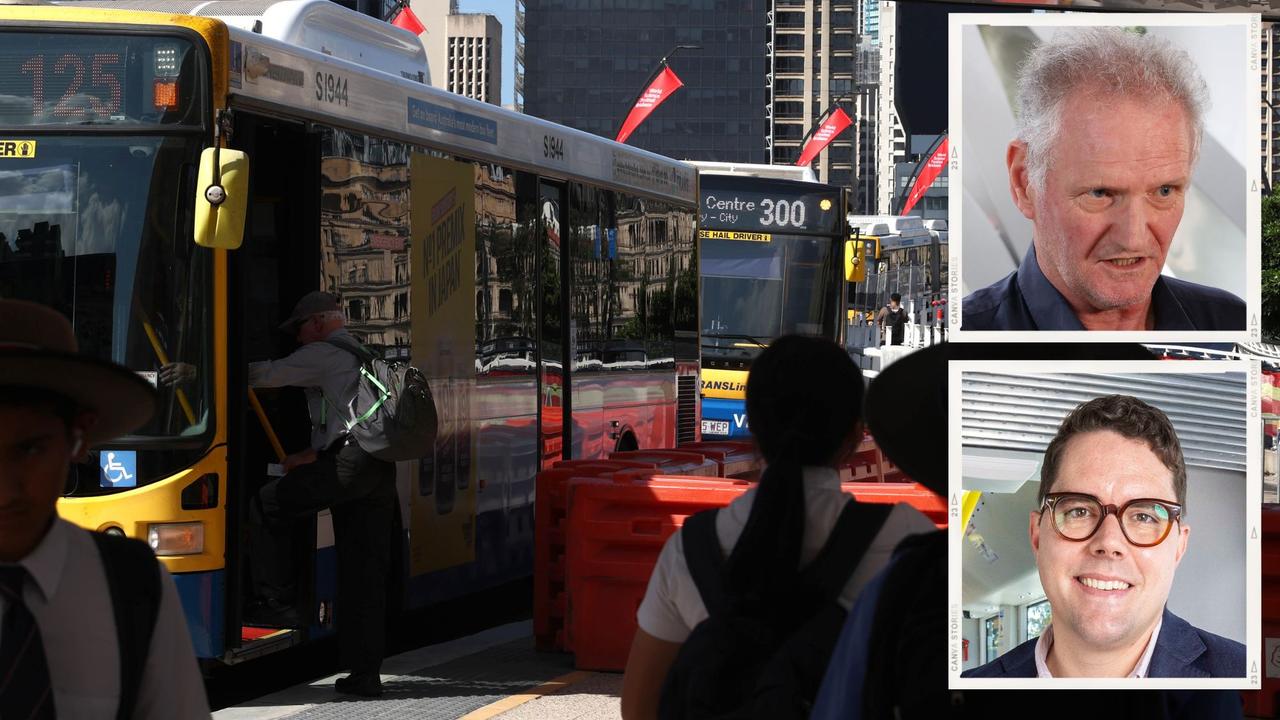Best Queensland universities helping students to land a full-time job
Students at regional universities in Queensland are more likely to land a job than graduates from prestigious institutions. See the list and how they compare.

QLD News
Don't miss out on the headlines from QLD News. Followed categories will be added to My News.
Exclusive: Students at regional universities are more likely to land a job than graduates from prestigious “sandstone’’ institutions.
Only two big-city universities are among the top 10 for graduate employment this year, exclusive new data obtained by News Corp Australia reveals.
Among the top eight universities, at least three quarters of last year’s graduates found full-time work this year.
But in the worst-performing universities, more than half the graduates were still hunting for a full-time job, four months after finishing their degree.
In Queensland, the top university for full-time employment is the University of Southern Queensland (USQ), based in Toowoomba, where 78.9 per cent of graduates walked into full-time work.
Despite the COVID-19 recession hammering graduate employment across Australia, USQ was among only three universities where the full-time employment rate rose this year – up from 76.1 per cent in 2019.
First-year student Kyran Cook, who is studying a Bachelor of Spatial Science majoring in surveying, has already found a paid internship for the summer holidays.
“For most of high school I wanted to do engineering because I’ve always done well in maths and science, but I found out that engineering is about sitting in an office writing reports while surveyors get to go out in the world and do and see things,’’ he said.

“I didn’t want an office job.
“I’ve got a paid internship over the summer holidays as an assistant surveyor at the Carmichael Mine in central Queensland.’’
USQ vice-chancellor Professor Geraldine Mackenzie said the university developed industry-relevant programs and work-ready graduates.
“As a regional university we have strong links with our communities, which enriches the experience of our students as well as providing the workforce of the future in regional areas,’’ she said.
“Seven out of 10 students who study at a regional university like USQ go on to work in regional areas, driving economic and social development.’’
The worst performing university in Queensland is the University of the Sunshine Coast, where just 59.3 per of graduates found full-time work within four months of graduating.
The nation’s only private uni, Bond University on the Gold Coast, has a short-term graduate employment rate of 61.2 per cent.
Griffith University’s employment rate of 62.1 per cent is also below the national average of 68.7 per cent.
James Cook University, with campuses in Townsville and Cairns, boasts an above-average 75.9 per cent employment rate.
At Central Queensland University, based in Rockhampton, the graduate jobs rate is 73 per cent.
And at the Australian Catholic University, which has a campus in Brisbane, 72.4 per cent of graduates found work within four months.
Charles Sturt University, based in regional NSW, is the nation’s best for job prospects, with 84.7 per cent of students finding full-time work within four months of graduating.
The nation’s worst-performing universities for job outcomes are in Victoria and Western Australia.
Barely 54 per cent of students at the University of Western Australia and Murdoch University were in full-time work four months after graduation.
The University of NSW, with a 76.2 per cent employment rate for graduates, and the University of Sydney, with 75.1 per cent, were the only “sandstone universities’’ in the top 10.
Across Australia, 68.7 per cent of university graduates found full-time work this year, within four months of graduating – down from 72.2 per cent in 2019.
Federal Education Minister Dan Tehan said nine out of 10 Australian university graduates find full-time work within three years of graduation.
He said the COVID-19 pandemic had a “major impact’’ on graduate employment rates this year.
He said the federal government would spend $550 million for up to 30,000 extra university places next year, as well as short courses for Australians to upskill during the COVID-19 recession.

The survey, commissioned by the federal Department of Education, does not reveal whether graduates found work in the same field they studied at university.
It says graduates from regional universities are more likely to be older, and to study externally and part-time.
“(They) are more likely to have completed vocational degrees and … have also fared better in the current downturn,’’ it says.
The Education Department says the COVID-19 recession has cut full-time employment rates among most university graduates this year.
“Graduates from regional universities are more likely to be older, studying externally and part-time, and maintain a continuing connection with the labour market,’’ it says.
“(This) explains, in part, why graduates from these universities may have fared better in the current downturn.’’
The employment rates are based on graduates looking for full-time work, four months after finishing an undergraduate degree.
MORE NEWS
Big bucks after uni: Who’s earning more than a lawyer
Shock salaries reveal women paid less than men in first job
Originally published as Best Queensland universities helping students to land a full-time job







